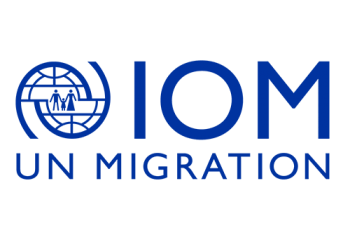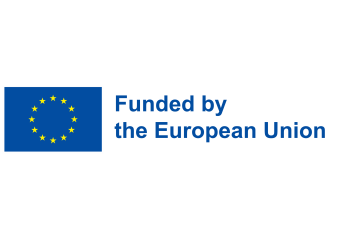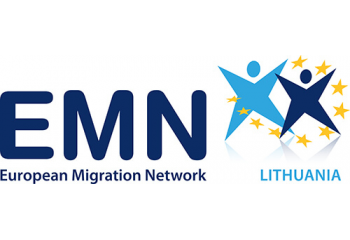News
Strategies for achieving coherent return and reintegration policies across Europe
The European Migration Network (EMN) has released the new inform "Coherent Return and Reintegration Assistance," which explores good practices and challenges in the coordination between different stakeholders and between different stages of return and reintegration of third-country nationals in EMN Member and Observer Countries. This inform explains how improved coordination among stakeholders, enhanced institutional frameworks, and effective national strategies can facilitate a consistent and structured approach to return and reintegration across Europe.
The backdrop for this inform is the EU Strategy for Voluntary Return and Reintegration, introduced in 2021. The strategy emphasises the importance of coherence as the foundation for an effective and sustainable return and reintegration policy. Coherence, in this context, is understood as the systematic alignment of various actors and phases involved in return and reintegration at national level.
Coherence is essential in an increasingly complex landscape involving diverse stakeholders like national governments, civil society organisations, and Frontex (the European Border and Coast Guard Agency).
The inform found that a majority of EMN Member and Observer Countries (AT, BG, CY, CZ, DE, EE, EL, ES, FI, FR, IE, IT, LT, LV, MT, NL, PL, PT, SE, SK, UA, RS) have implemented a coherent approach to return and reintegration assistance. Additionally, 13 of these countries (AT, BE, CY, CZ, DE, EE, ES, FI, FR, IT, MT, NL, PL) have established specific working mechanisms or platforms, such as working groups or regular stakeholder meetings, to ensure and monitor effective collaboration among all involved parties. Such frameworks support the distribution of responsibilities and coordination among agencies, ensuring that returnees receive consistent support.
For example, Spain and France have developed legal frameworks that define the roles and cooperation mechanisms among return and reintegration stakeholders. Latvia, Cyprus, and Malta have implemented Standard Operating Procedures to guide cooperation between various agencies, enhancing consistency in programme delivery. Additionally, countries like Sweden, Belgium, and Finland have formed working groups or platforms that facilitate regular communication and collaboration between key actors.
Yet there are still challenges to address, including communication and coordination difficulties between agencies, a shortage of trained personnel, fragmented monitoring systems, and funding constraints. For instance, Germany’s federal system involves numerous stakeholders, which can complicate coordination, while Sweden notes that differing priorities among agencies can impede a unified approach. Moreover, some countries, like Belgium, have highlighted the need for better harmonisation of return and reintegration standards at the EU level to avoid duplication and inefficiency.
The vast majority of EMN Member and Observer Countries (AT, CY, CZ, EE, ES, FI, FR, HR, HU, IE, LT, LU, LV, MT, NL, PL, SK, RS) reported that their return and reintegration policy is aligned with other national policies, mainly internal security and development assistance policies.
This inform sheds light on the central role of coherence in achieving effective return and reintegration outcomes. EMN Member and Observer Countries generally have not observed significant incoherence among responsible actors for return and reintegration at the national level, but highlighted that perceived lack of coherence can lead to political debates, reduce program acceptance, cause inefficiencies, and hinder the achievement of national return policy objectives.
Link:EMN Inform (EN)



